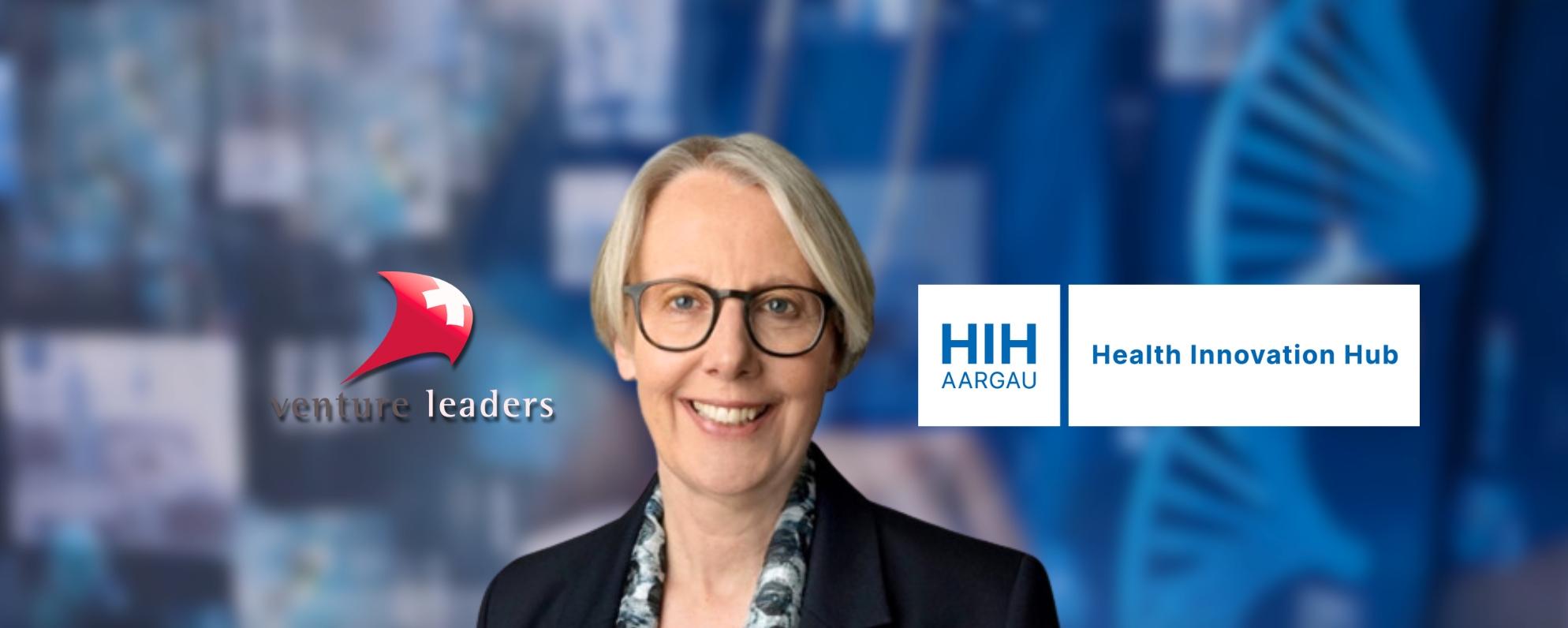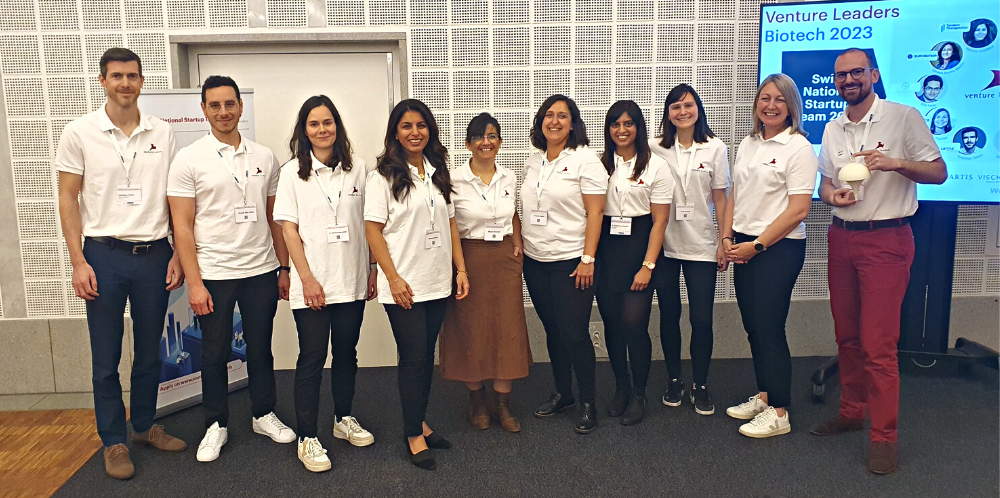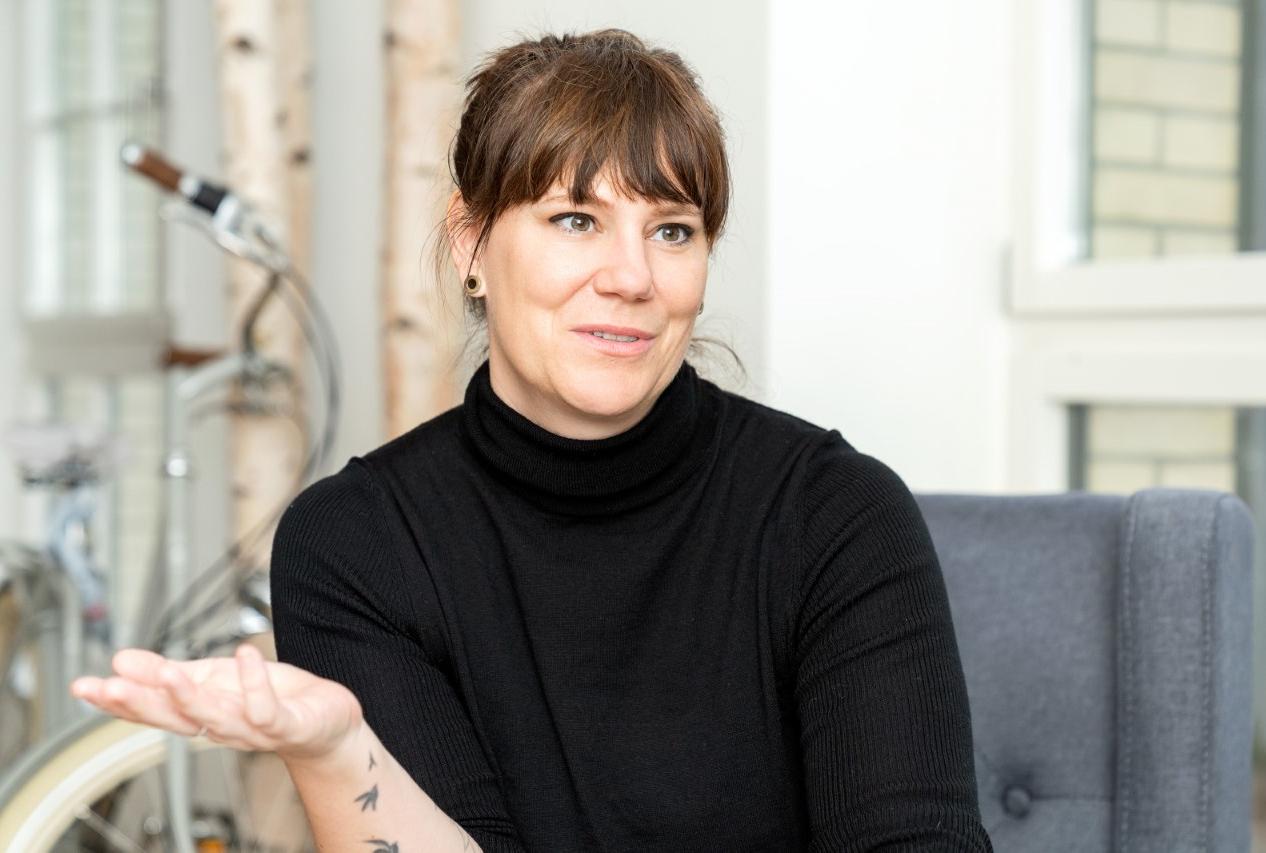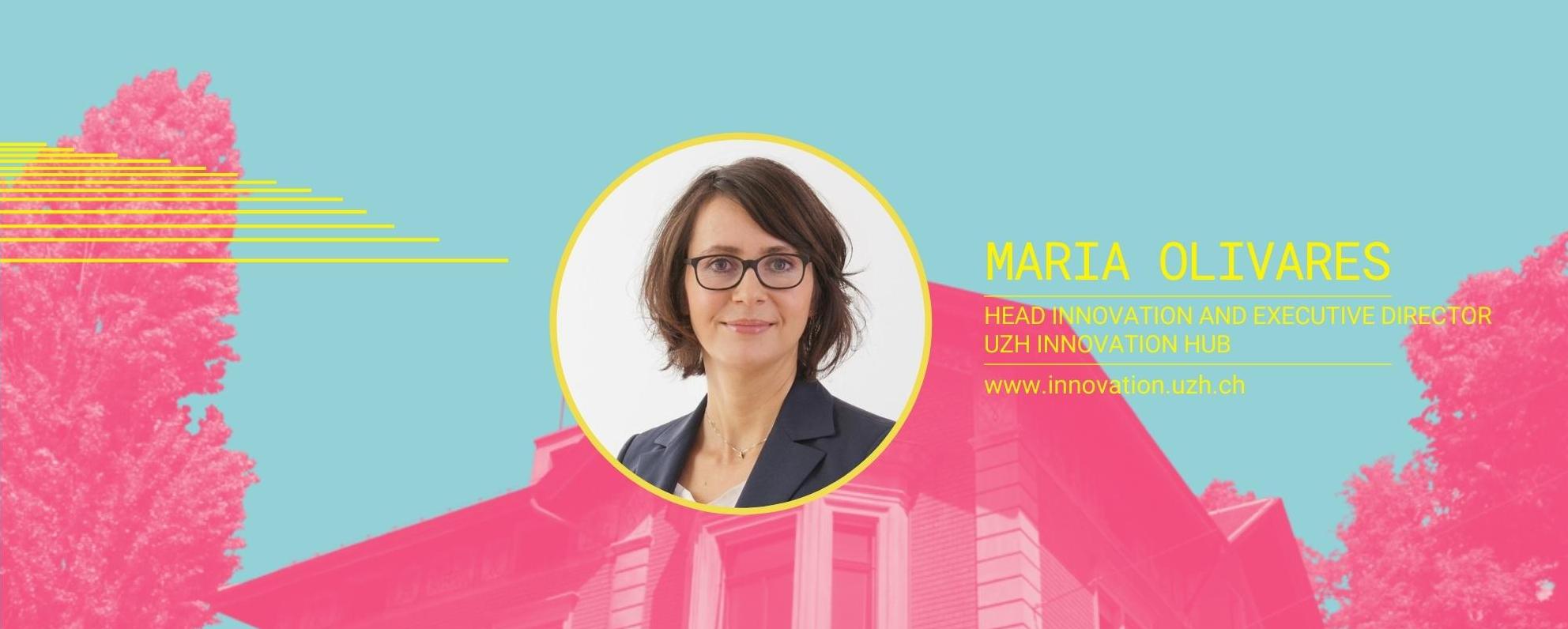Thierry Mauvernay, President of Debiopharm and Après-demain SA, has been in the business of innovation for decades. With his new book, "Écouter et Oser pour Entreprendre avec Succès", published by Le cherche midi editions, he addresses young entrepreneurs. Sharing his unique experiences and perspective, he delves into the relevance of the right mindset, the cultural context that shapes the trajectory and potential of innovation, and how to improve the relationship between the public and private sectors.
Innovation and entrepreneurship have always been very essential parts of your career path. Your book starts with a call to your readers—people who may share your entrepreneurial spirit—to listen and to profit from the experiences and mistakes of others. What motivated you to write about this at this point in your career?
Now that I’m 69 years old, and, with 45 years of business experience, I thought it was the right time to share my experience. My motivation is to transmit my experience, but also to share my passion for entrepreneurship. When I started to work 45 years ago, times were different. You had the possibility to make mistakes and we had the time to correct them. Unfortunately, this became harder. Nowadays, everything happens faster, which also means that you need to be right immediately: it’s either on or off, good or bad. I think this pressure really obliges you to make use of the experience of others. This is why this kind of book could help young entrepreneurs.
You emphasize the rapid pace of our hyperconnected world. Perhaps one could say that, when it comes to entrepreneurship, the speed at which things happen requires a different mindset, and a different type of resilience, because failures will come faster and harder. Do you think that’s accurate?
Yes, I think you’re right. But it’s not just the acceleration of change that is different. All the metrics have changed, like the territory. Before, you would start with a small territory; you could build something, and then grow your market presence country by country. Now, you create something, and two days later everybody knows about it in the U.S and could copy your product. You also need more money than before because you need to go global very fast. All those changes make it much more difficult to just try. One thing that I really like about the U.S. is that you can get an idea off the ground quickly and then stop again just as quickly if it isn’t working. Unfortunately, in Europe and Switzerland, we don’t really have the option or capability to do that. If you fail, it will be written on your face for a long, long time, and it will make it very difficult to do anything else. You need to be right immediately; otherwise, it’s a problem. I think we need to change this attitude in Europe.
“If we want to be a startup nation, we need to accept risk.”
You make it clear that entrepreneurship and innovation are intricately linked to culture, mindset, and ideology. The comparison between the European or Swiss mindset to the mindset in the U.S. or Israel can reveal cultural shortcomings that affect innovation. How do you think these shortcomings can be addressed?
I think in Switzerland we need to change our approach to risk. We are very risk-averse in Europe, particularly in Switzerland. If we want to be a startup nation, we need to accept risk. When you start a new company, there’s always a high risk of failure. The inability to accept this possibility is a real problem. Failure is considered such a bad thing, so the work just continues, even if the business model or the product is not working, you just keep going.
In the States, 90% of startups fail and halt within six months. That means people can move on, start something new based on what they’ve learned from their former experiences. In Europe, it’s the opposite. After three years, 90% of companies continue and say it’s good enough—but it’s not! We continue to support companies that are not viable. I think we really need to change this mindset, but it’s very hard because it requires a change of mentality. Technology changes very quickly, but mentality changes very slowly. There’s a significant gap between the two.
You highlight the link between innovation and mindset, and the need to adapt.
For me, adaptability is key. IMD, the Business School for Management and Leadership in Lausanne, is planning to launch a new program called HAVE which stands for humility, adaptability, vision, and engagement. This really encapsulates what companies need in the future.
“Often people think that asking for advice is a sign of weakness. It’s really a sign of intelligence.”
The title of your book highlights daring (oser), which is a topic that has been popular in relation to leadership; yet you also really emphasize listening (écouter), particularly to people who have valuable expertise and experience. Why did you feel you had to emphasize this need to listen?
When people create a company, they often don’t really want to listen to the experience and expertise of others. I like this aphorism by the Chinese philosopher Confucius: “Experience is like a light you carry on your back; it illuminates the path already traveled.” This is a pity, because we need to aim a light at the path ahead, towards the future. Often people think that asking for advice is a sign of weakness. It’s really a sign of intelligence. When Steve Jobs wanted to open Apple shops worldwide, he visited LVMH president Bernard Arnault and asked him for advice. So, if even Steve Jobs can ask for advice, then anyone can do it. That’s something we must learn in Europe. As the British writer Rudyard Kipling urged: one should take a maximum of risk with a maximum of precaution. That willingness to take risks is crucial to start a company.

Thierry Mauvernay and Venturelab CEO Jordi Montserrat celebrate the launch of the book on October 20, 2022.
Another central point in your book is the “convergence and complementarity” of the private and public sectors. What is your perspective on this?
I think we have to challenge how we perceive the relationship between the public and private sectors. It’s ironic because the Swiss apprenticeship system represents one of the most admired models of collaboration between public and private institutions. But beyond that, it gets very difficult to organize collaborations between private and public sectors. Public institutions, particularly academia, seem to have one objective, namely, to maximize publications; for the private sector, the main objective should be to transform scientific discoveries into useful products to release on the market. The two parts should work together. Generally, public institutions can develop basic research and private ones can put in the work to bring it to the market through all phases of product development. This can be a unique way of developing products. So, if I had to pick one fight to improve the future, it would be building a bridge between academia and industry and establishing an effective connection between public and private institutions.
The relationship between the public and private is an ideological and political question, but what you seem to highlight by writing about both convergence and complementarity is that one should consider the potential impact generated through collaboration and what incentives for innovation it could create.
Yes, it is vital to bridge academia and industry as well as the public and private sectors more generally. Because when people ask questions like “when will there be a Swiss Google?”, they should not forget that a company like Tesla received USD 7 billion from the U.S. government. Moderna received USD 2 or 3 billion. Do you know of a company in Europe or Switzerland that has received this kind of money? It’s never happened. So, I think part of the government’s job and the public sector is to help companies to get their start. And then, of course, the jobs and income taxes generated also provide returns for the community. If we don’t apply this collaboration, it will be very difficult in the future.
That’s why I think that the government should invest in venture capital (VC). VC companies have the experience to develop successful companies—experience that the government doesn’t have. The Canadian government invested directly in companies. After they made countless mistakes, which resulted in significant losses, they decided to defer these investments to professionals, i.e. VC companies, which is a success. It’s also a huge success in Israel, a country about the size of Switzerland, with a population of around eight million people. They have been able to create three to four times the number of startups we have. It’s the same in the U.S. We need to be inspired by these examples.
You write that “our ideological vision of subsidies and public grants is wrong” and that this is at the root of reticence or failure to build that bridge between public and private. Do you see any way to push for an ideological shift?
It is a political decision. We need political support to change this mindset. But our industry could help too. For example, we know it can be very difficult for academics to finance their research because applying for public funds requires a lot of paperwork and administrative processes that take too much time. If they want to conduct a small trial, for instance, it might take them two years of paperwork to get the necessary funding. In order to help address this issue and finance faster academic research, Debiopharm launched a program two years ago called IDEAL. In the pharma industry, we fail often: only one in 10,000 molecules becomes a drug. So the question is: why waste years on a trial that has a 95% chance of failing? IDEAL offers researchers funding that isn’t tied to a specific contract, only with a requirement that, if the research is successful, Debiopharm has a six-month period of exclusivity to discuss collaboration. After that period of time, they can look for another partner for development. This really changes the way academic research could be translated into a product.
Over the last two years, Debiopharm has signed several contracts with the Geneva University Hospital as well as health care institutions in the Valais region. We are also pitching this program in Japan and Korea and have received great feedback. We really need a way of simplifying the way for the industry to work hand-in-hand with academia. This is just one way of doing that.
It’s really a way of cutting through red tape and creating more incentives for researchers to focus on what they do best, then?
Yes. Let’s say an academic institution spends two to three years and some millions to research a molecule, and then the pharma industry could invest ten years and one billion dollars to develop a marketable compound. It’s not realistic for academia to ask for a 50/50 share considering the difference in costs and investment. We don’t have any problem with having contracts with public research institutions, but we need the process to be faster.
Last year, we licensed a compound to Merck that originated in research conducted at the University of Michigan. We are also working with research that came from Nagoya University. This kind of collaboration is not so easy to carry out in Switzerland. It’s better in France, for instance, because of the BPI France (Banque publique d'investissement) that provides investment tools to push and help the collaboration between private companies and academia.
Does the impetus to create have to come from politics, i.e., from public institutions?
In the US, there are several famous examples of private-public collaboration that work very well. Boston decided 14 years ago to become a biotech world hub—and they made it happen. Before, the pharma industries were in New Jersey. Arizona also decided to become one of the top tech industry locations, and they achieved it in less than a decade. A strong political will is crucial. Some years ago, I suggested that the canton de Vaud could become a major actor in health at large, that does mean not only medicine, but also food, sports, and the environment. This area is home to Nestle’s headquarters, the head of the Olympic Committee, and the WWF world headquarter. While Debiopharm was not in a position to be the main driver, it has made a push to boost this proposal by planning meetings, facilitating, and asking politicians to help make this happen.
Are there any other good examples of tech or life science companies working well with the public sector recently?
Switzerland has strong academic institutions and successful large companies with world-class expertise. But it would be wrong to think that the success of these companies is a natural result of our academic standards. Actually, Swiss academia is doing well because Switzerland is a very open country that welcomes lots of foreign talent, which, in turn, represents fantastic opportunities for the Swiss industry.
We have always offered a great tax advantage in Switzerland. My concern is that if this advantage is lost—I think in 2024, taxes may be the same everywhere in the world—it will be difficult for Switzerland to attract and keep these companies. If the tax incentive is lost, it might be difficult to convince a subsidiary from the U.S., for instance, to establish itself in Geneva, considering the comparatively high cost of living. Companies would be obliged to move. However, a stronger link between industry and academia could offer more opportunities for the Swiss economy. For example, in the U.S., many professors leave academia to pursue careers in the private sector and then return to universities while acting also as board members of a company. That doesn’t happen frequently in European countries.
"In a company, nothing great is achieved by a single person. If you acknowledge what you don’t know, you can work with others who can fill in those knowledge gaps, which also means you can delegate."
You write a lot about historical and contemporary figures that represent the entrepreneurial spirit. Yet, you also emphasize the collective spirit: people who complement each other working together to make a difference. What is the relationship between the individual and the collective when it comes to action?
There is no such thing as a magic formula, but it is particularly important today to give meaning and purpose to what you are doing. That is not enough though: you also need to translate that into your values and transform them into action. Aligning these elements is how you bring people together in the pursuit of the same goal.
When we hire new employees, we always make sure to discuss exactly this topic. This is due to diversity in age but also in culture; we have 53 different nationalities in our headquarters, so we bring together a variety of different cultural backgrounds and perspectives. What we can have in common, are our values, and we should make sure that our values are shared.
In a company, nothing great is achieved by a single person. If you acknowledge what you don’t know, you can work with others who can fill in those knowledge gaps, which also means you can delegate.
The basis for entrepreneurship is having a vision and fundamental principles that induce the right behaviors, i.e. that incentivize yourself and those around you to take the right action. What do mean by fundamental principles?
As a leader, you should nurture a vision that leads you to action. The question is how you can deliver action in the right way. I think it will become more and more important for people to understand why they are doing anything they do. Again, the values behind the action are vital. What matters, in the end, is the impact you have, and that’s exactly the right way to unite people.
Thierry Mauvernay's book Écouter et Oser Pour Entreprendre Avec Succès is now available in stores.










